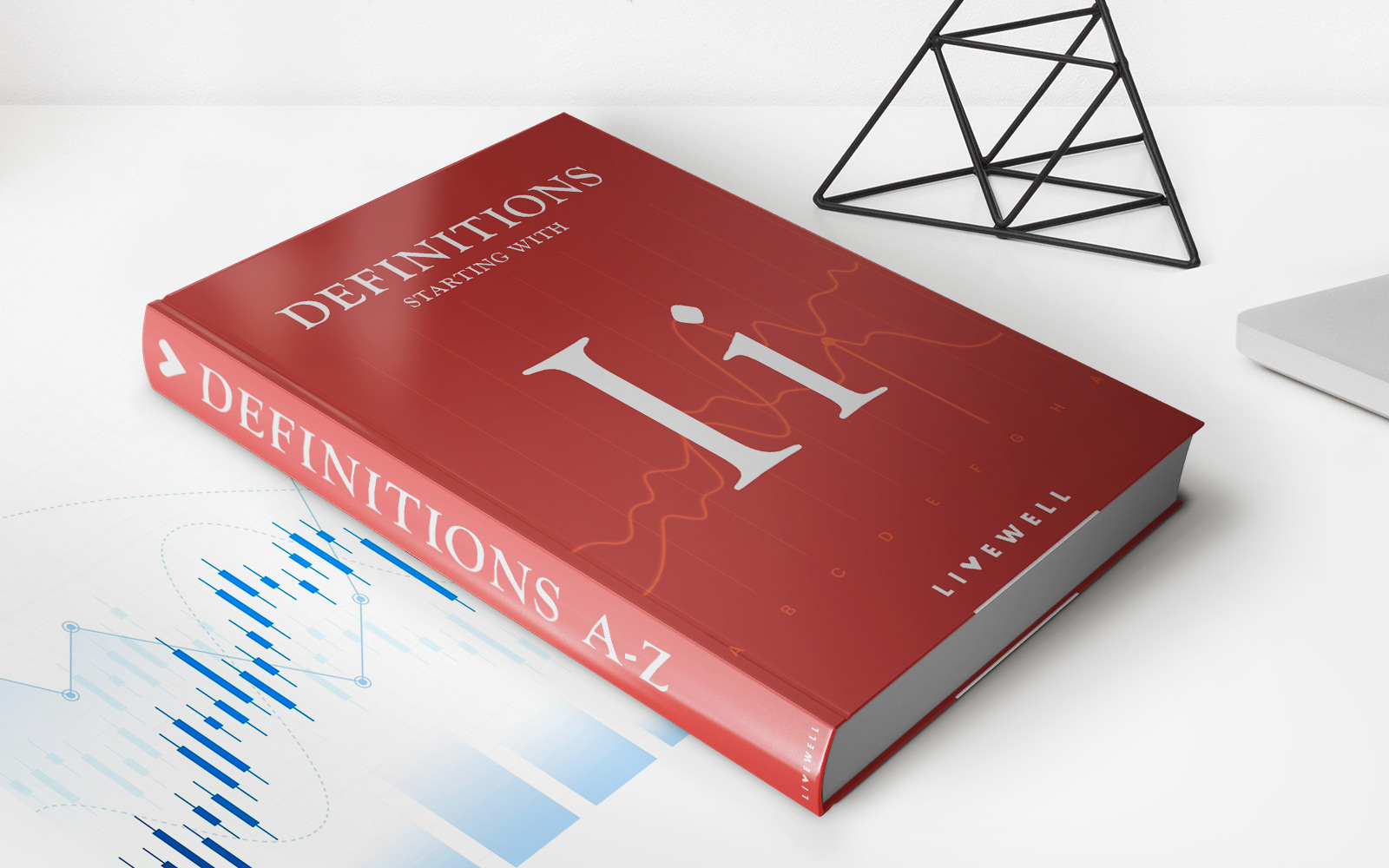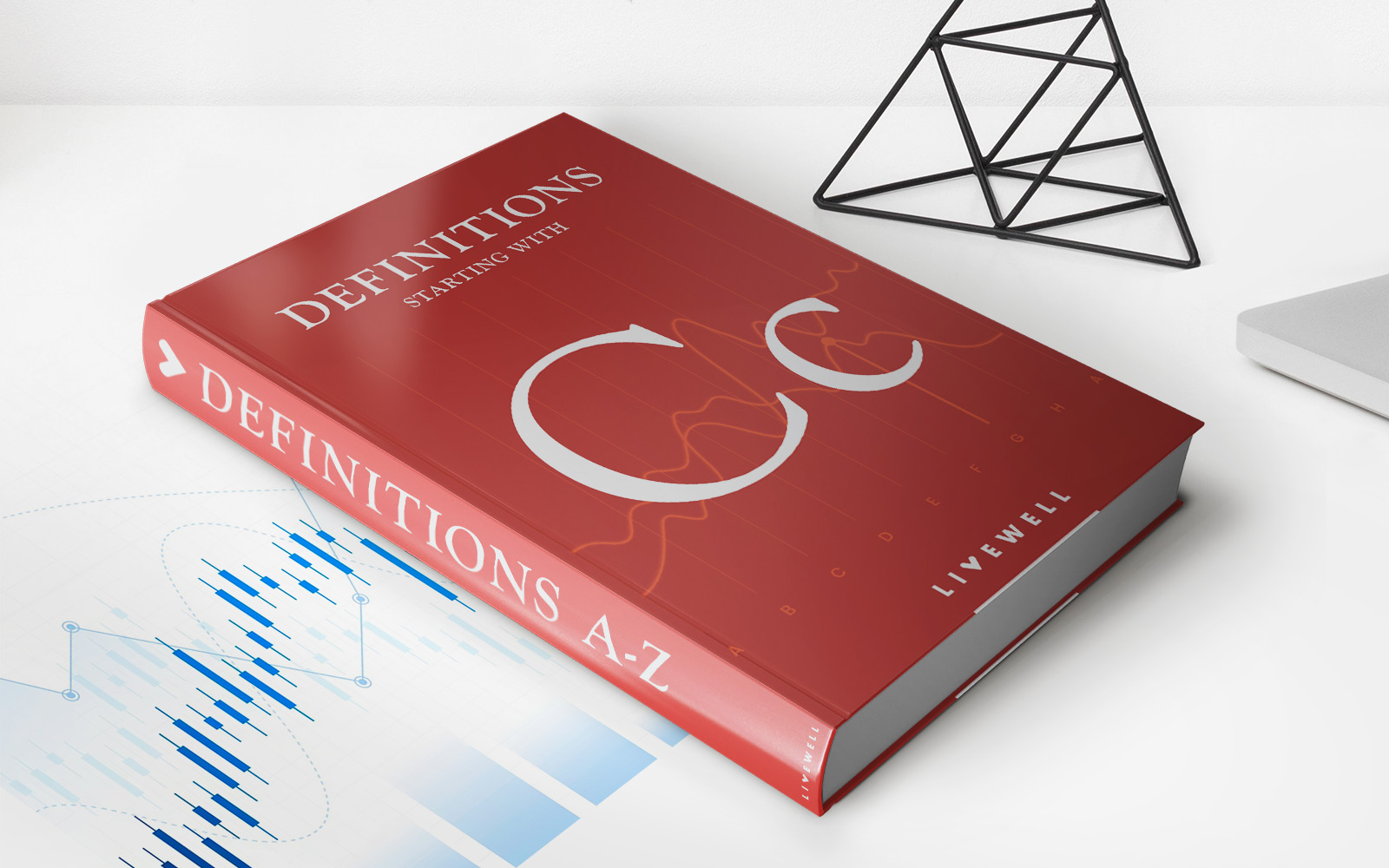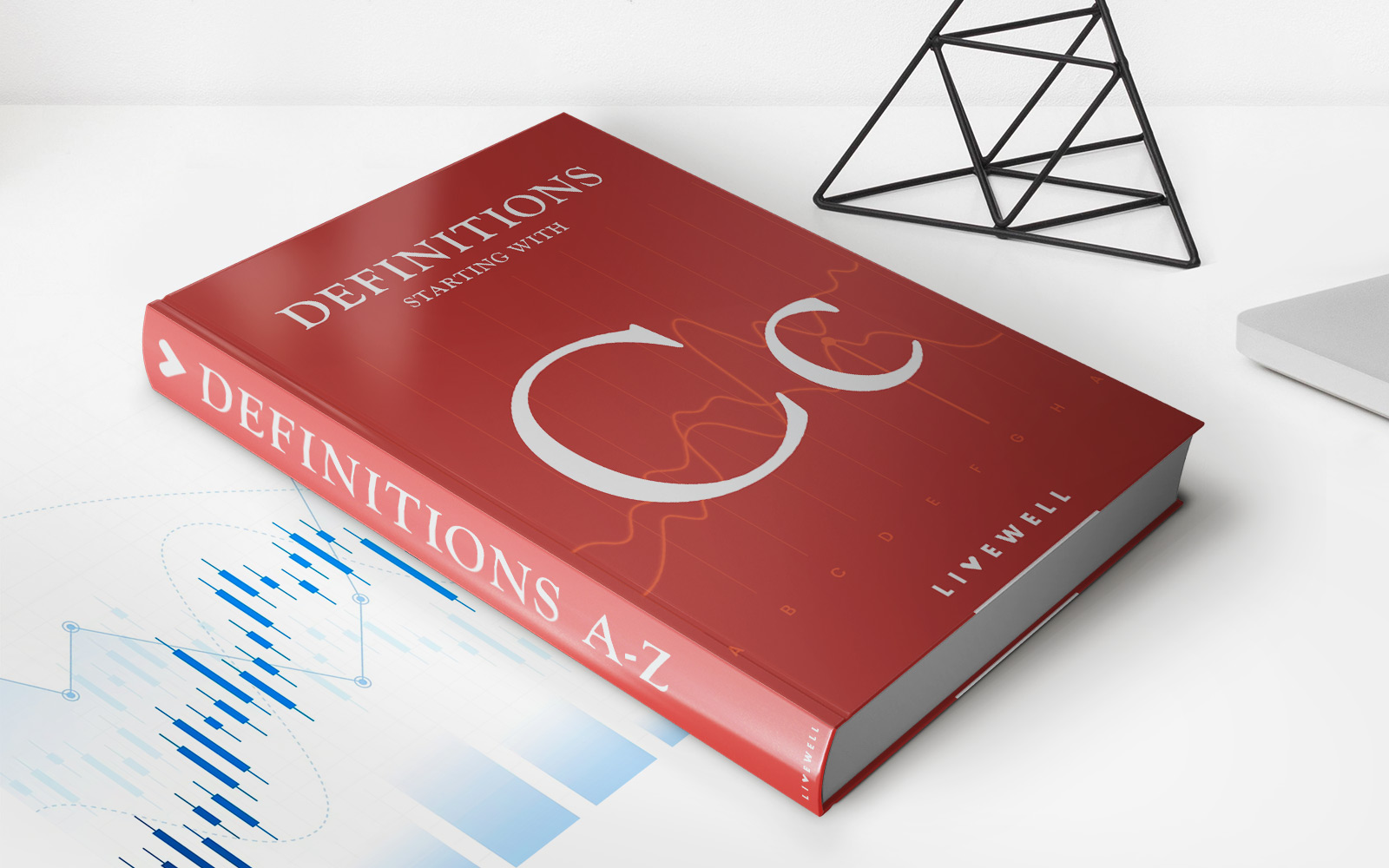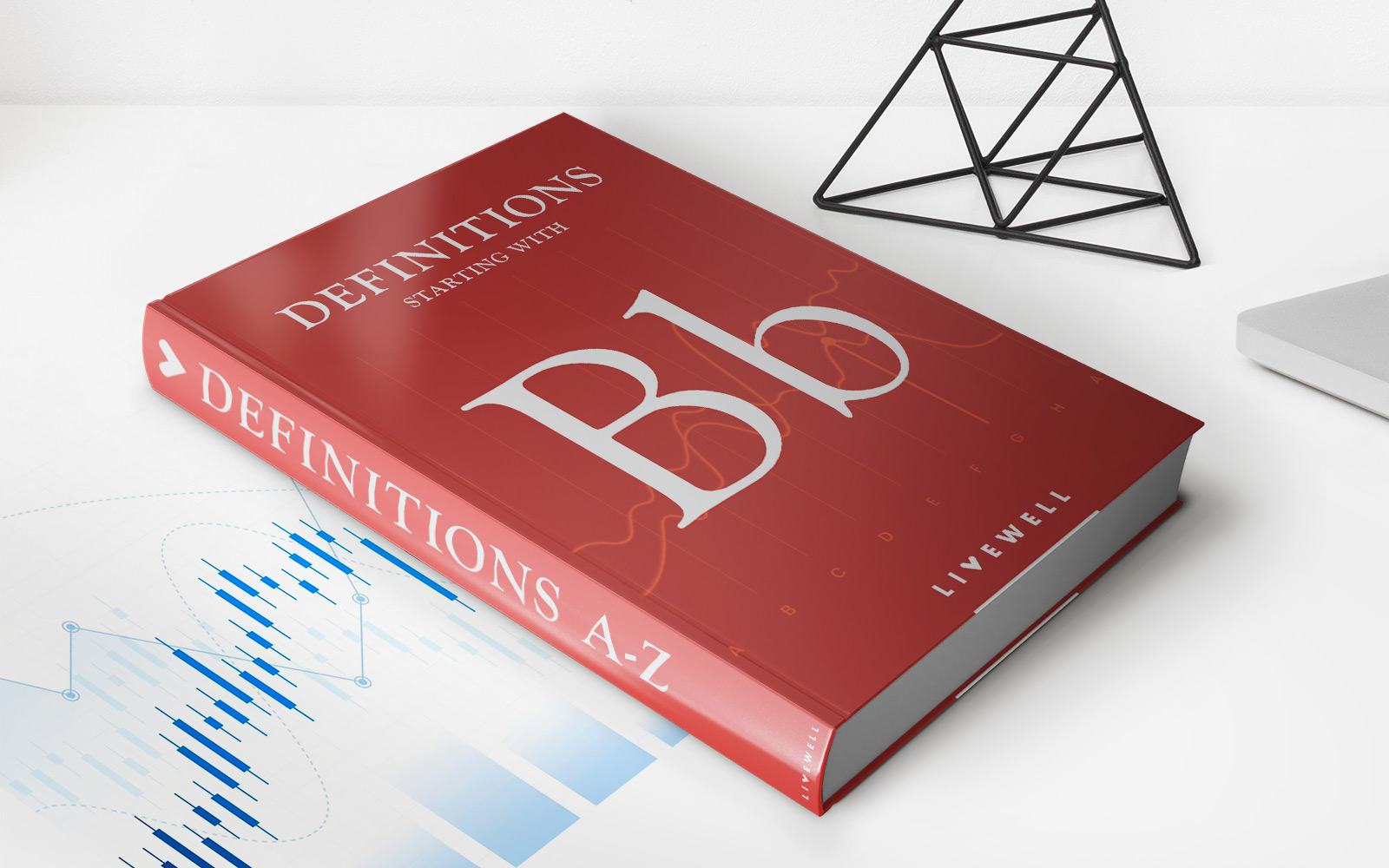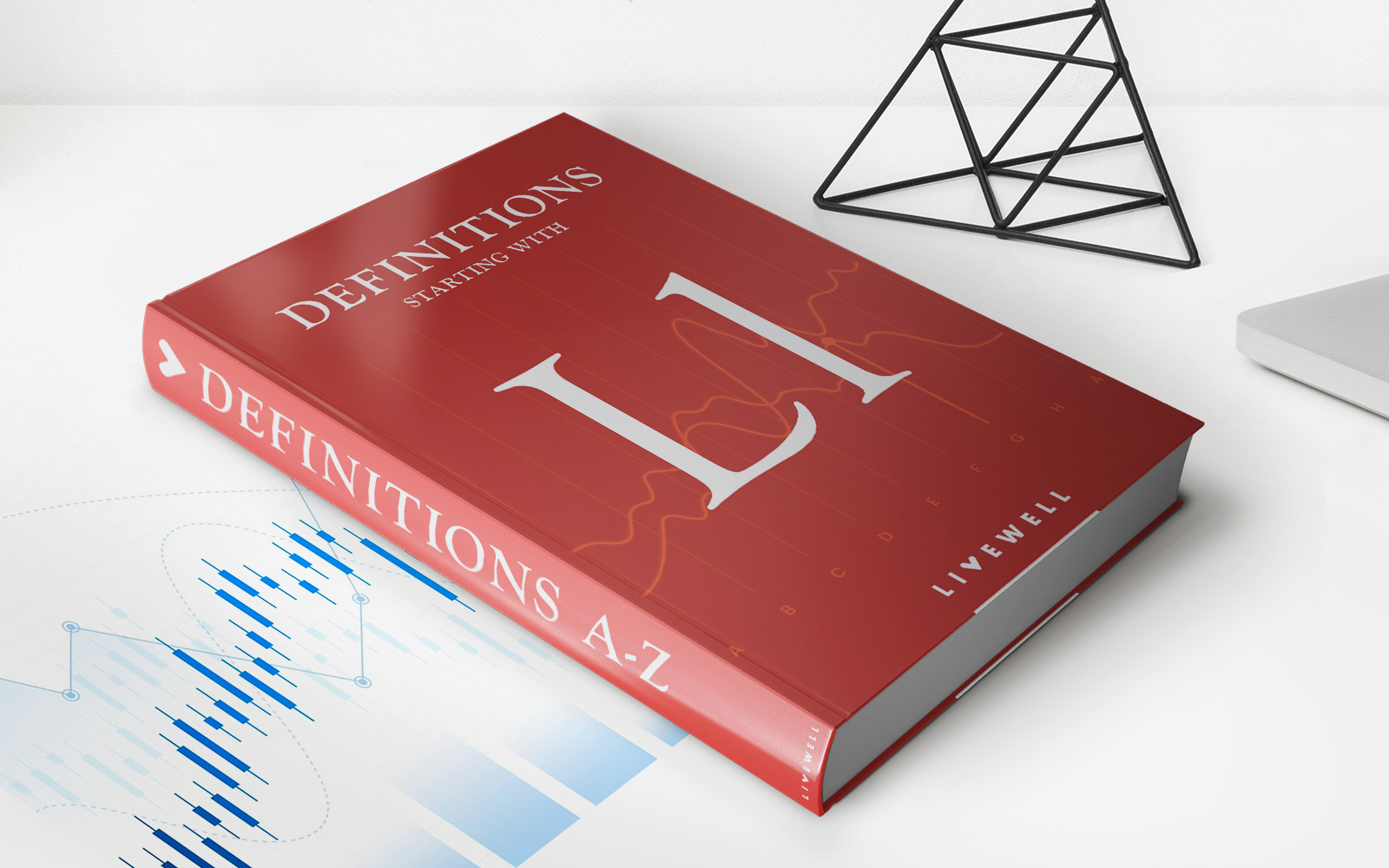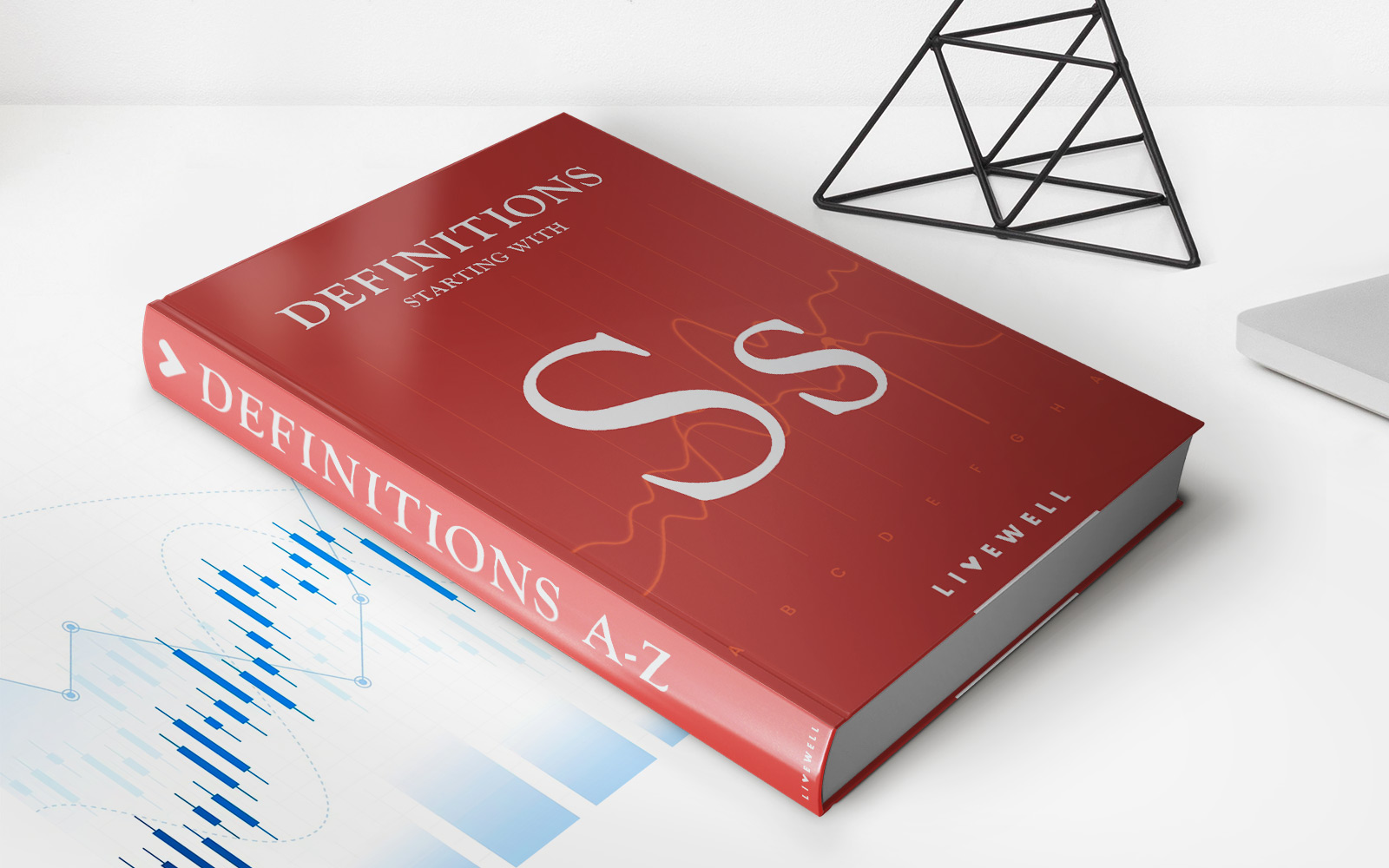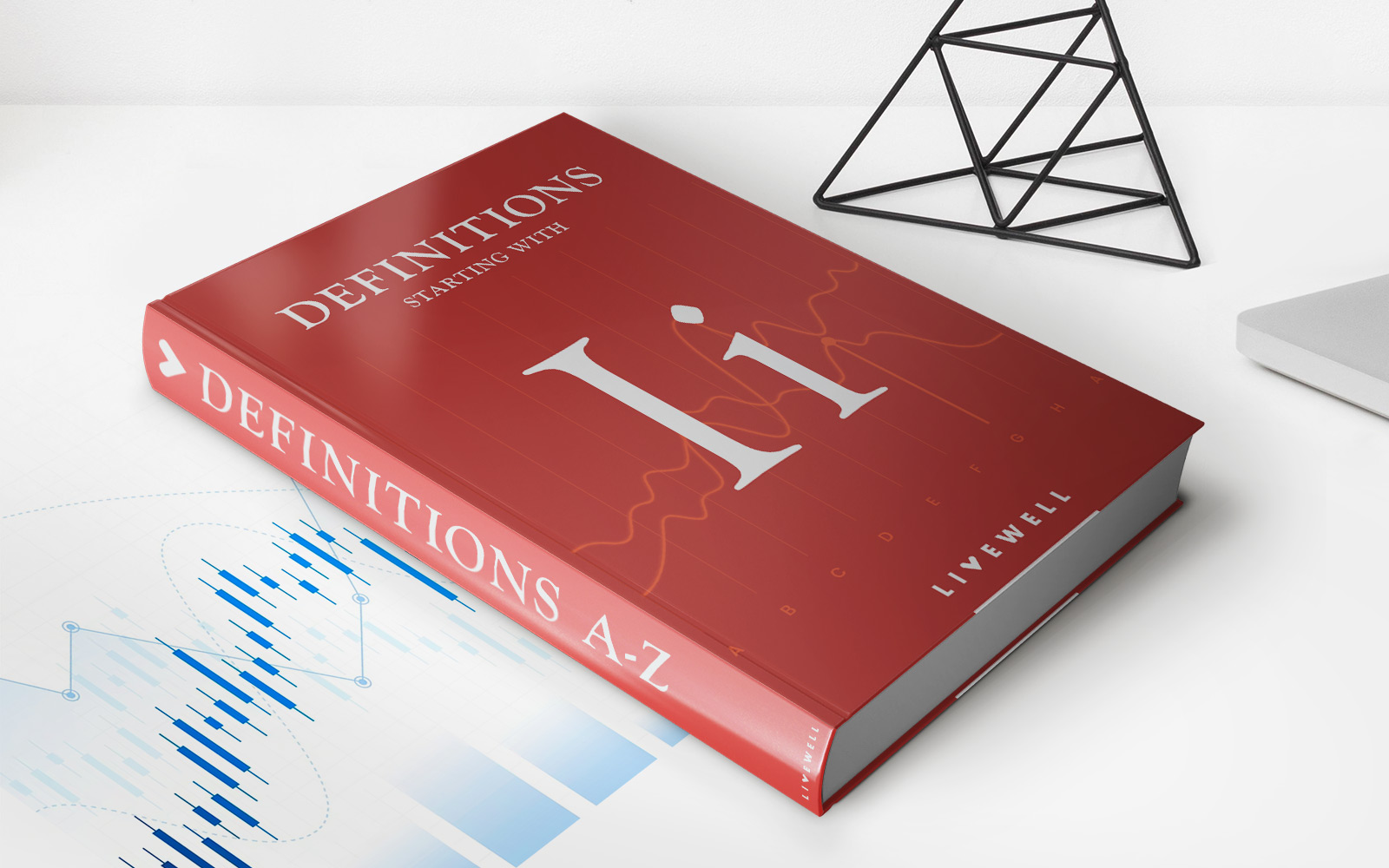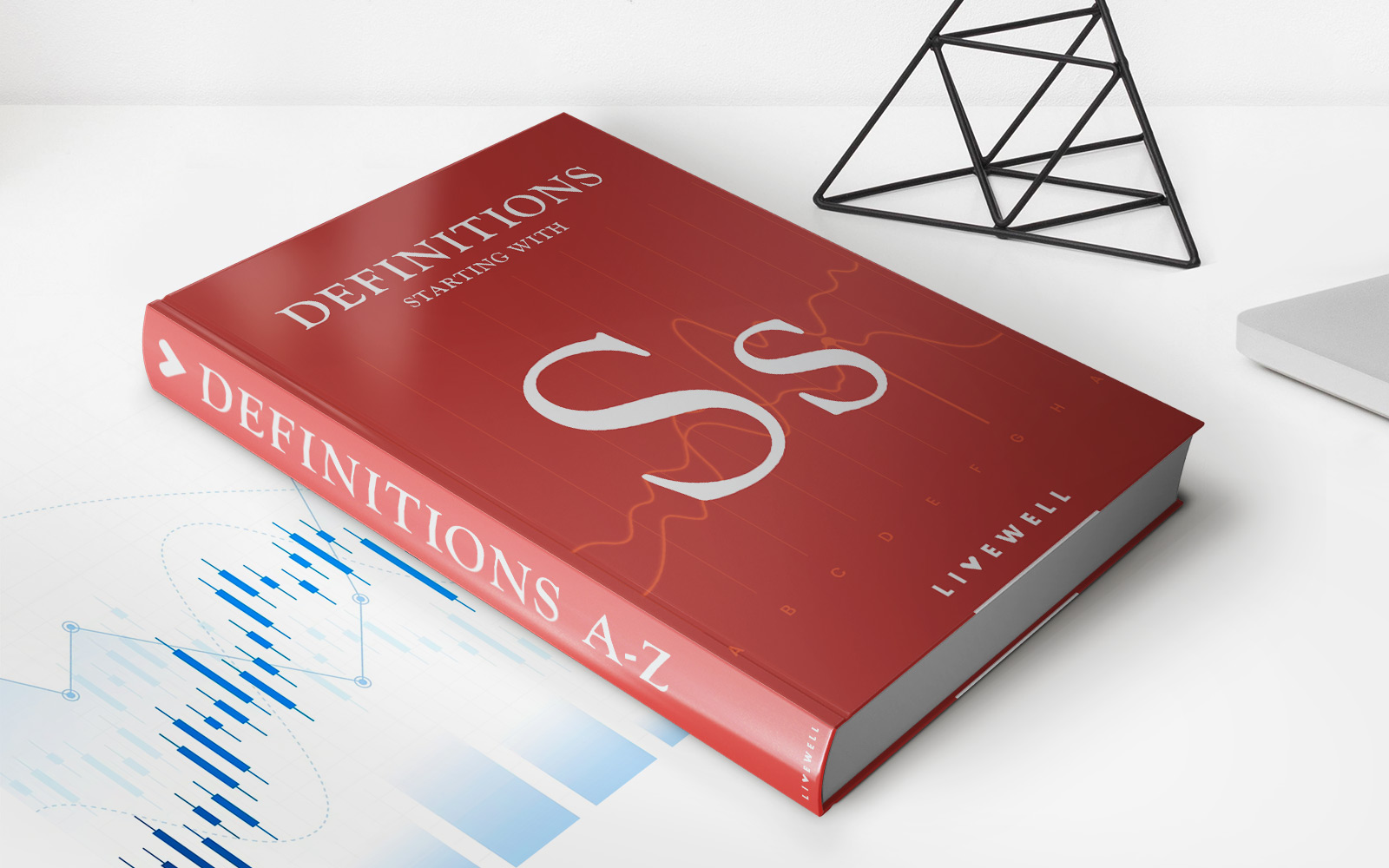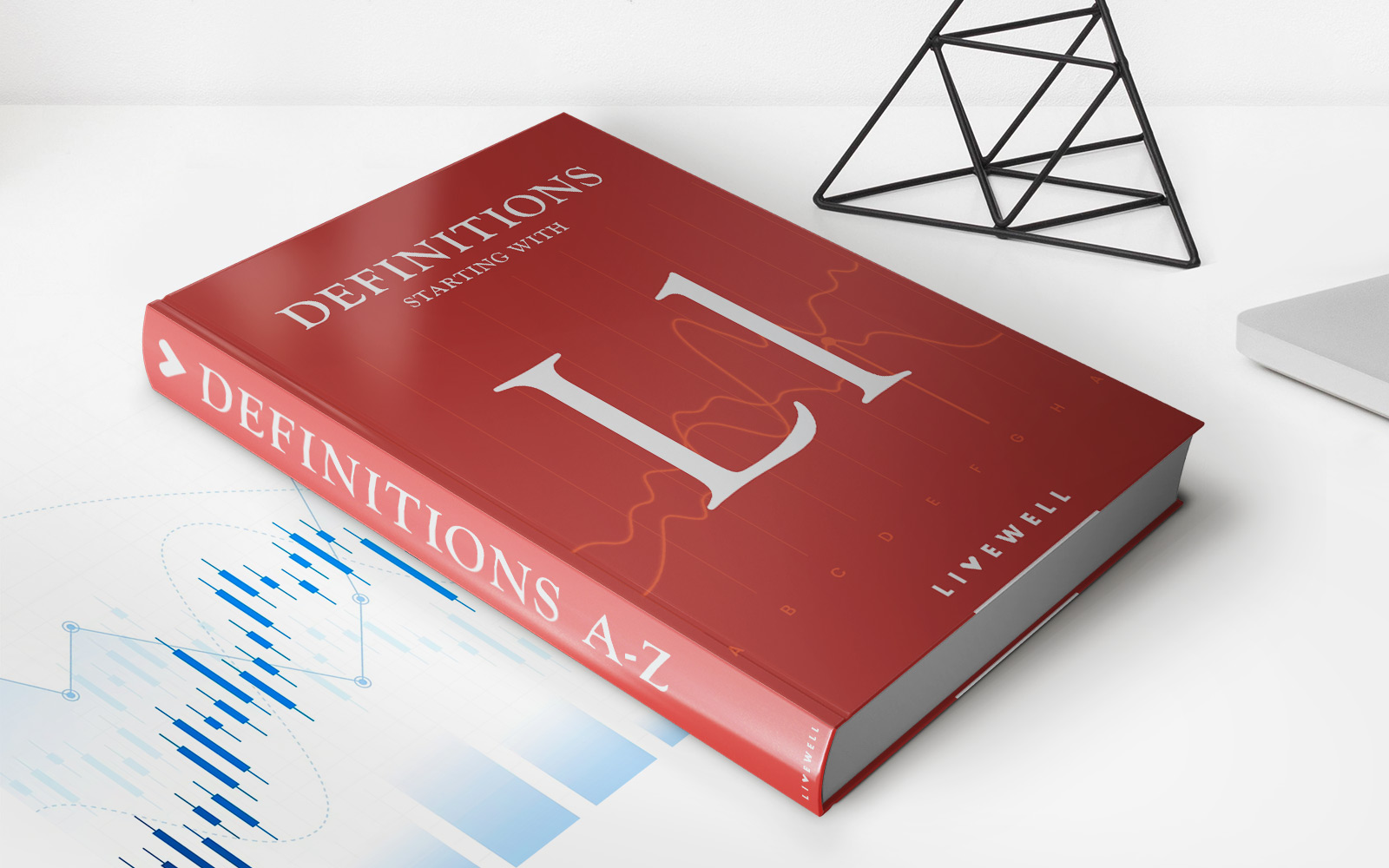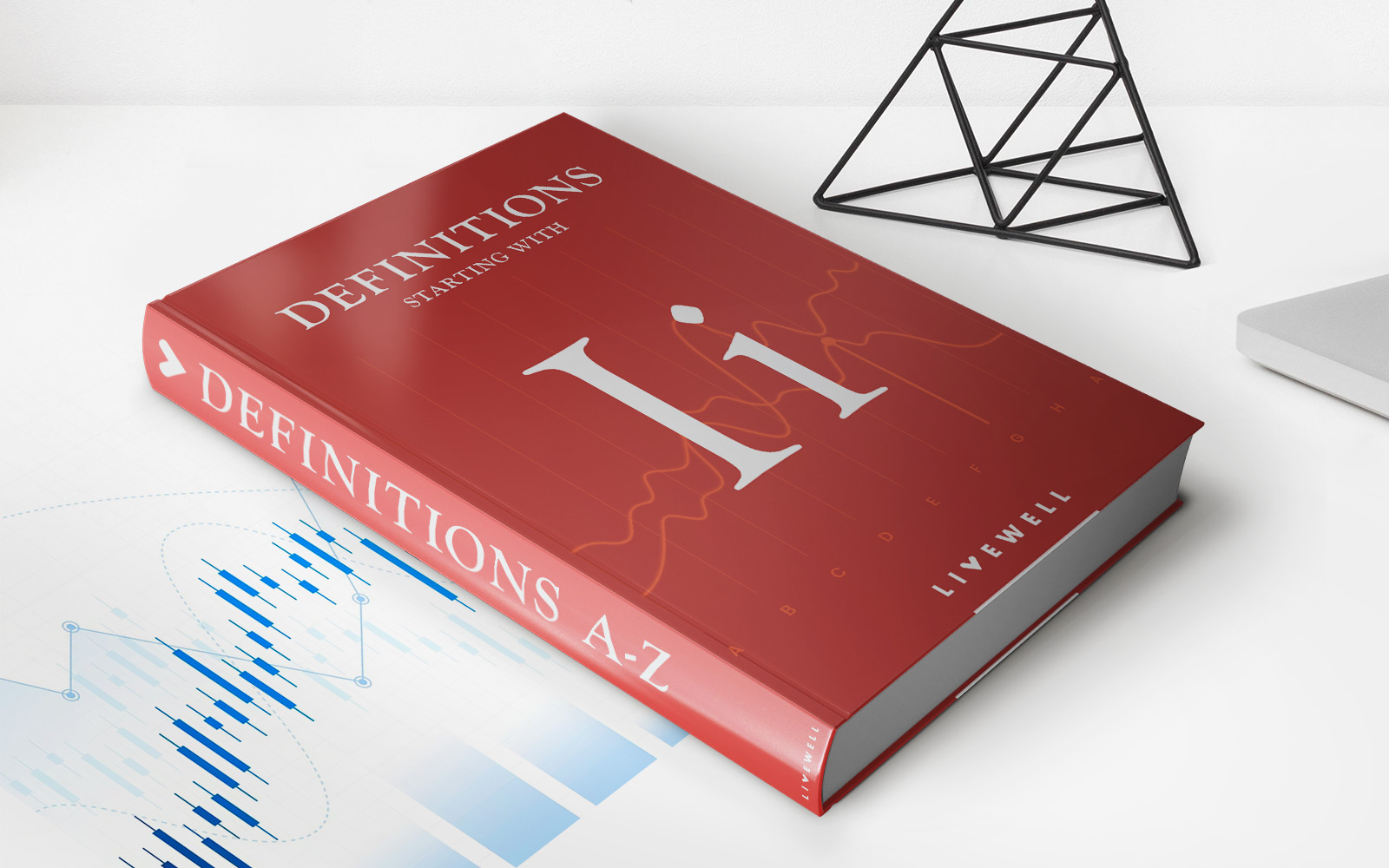Home>Finance>Discretionary Account: Definition, Examples, Pros & Cons
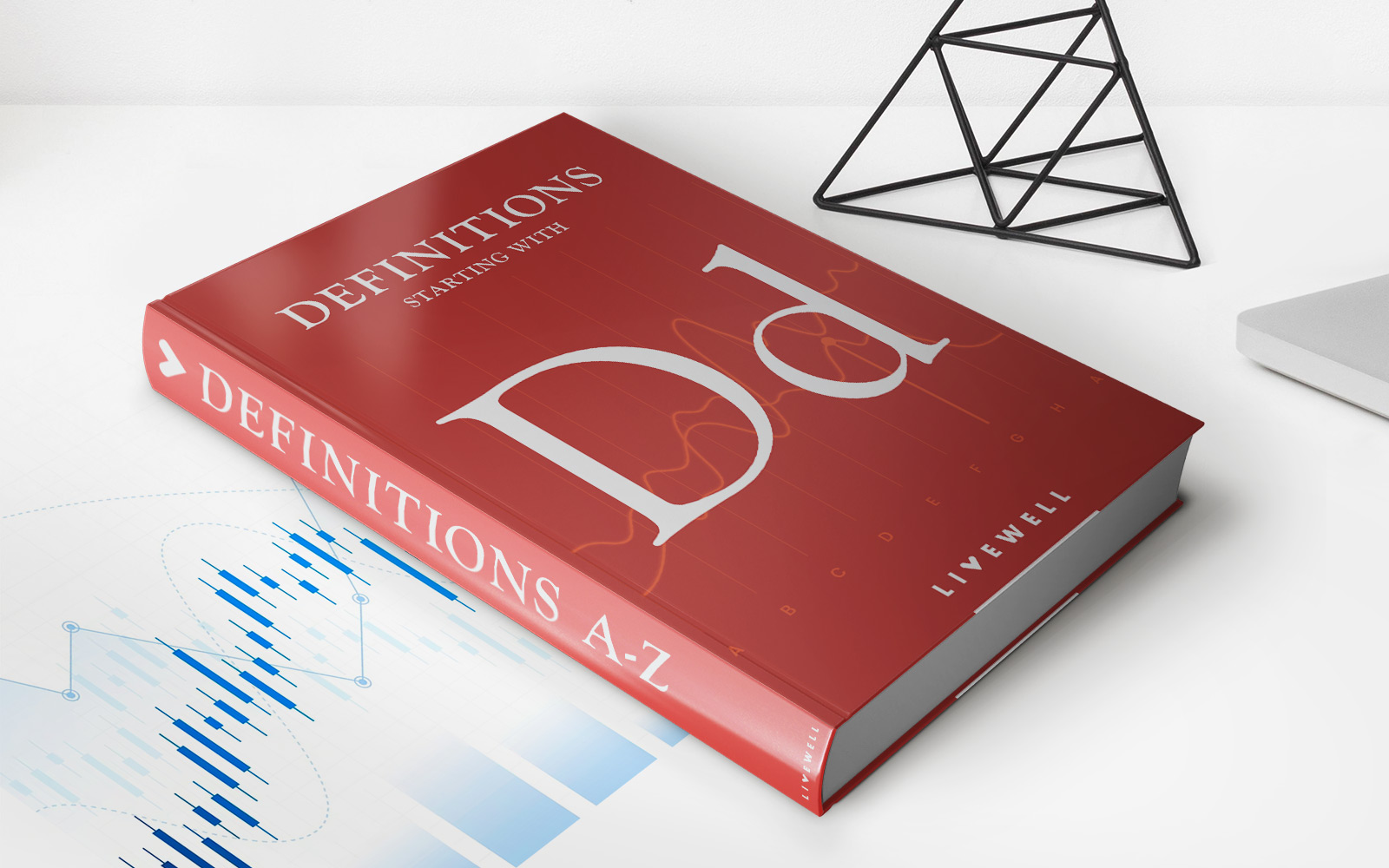

Finance
Discretionary Account: Definition, Examples, Pros & Cons
Published: November 12, 2023
Learn about discretionary accounts in finance, including definitions, examples, pros, and cons. Explore the benefits and drawbacks of this investment strategy.
(Many of the links in this article redirect to a specific reviewed product. Your purchase of these products through affiliate links helps to generate commission for LiveWell, at no extra cost. Learn more)
What is a Discretionary Account?
When it comes to managing your finances, there are several options available, and one of them is a discretionary account. But what exactly is a discretionary account? In simple terms, a discretionary account is an investment account that gives a financial advisor or portfolio manager the authority to make investment decisions on behalf of the account holder. In other words, the account holder delegates the responsibility of managing their investments to a professional.
Key Takeaways:
- A discretionary account is an investment account where a financial advisor or portfolio manager has the authority to make investment decisions on behalf of the account holder.
- With a discretionary account, the account holder delegates the responsibility of managing their investments to a professional.
Examples of Discretionary Accounts
Discretionary accounts can come in various forms and are commonly offered by brokerage firms, wealth management firms, and private banks. Here are a few examples of discretionary accounts:
- Managed Investment Accounts: These accounts are managed by professional investment managers who have the expertise and experience to make investment decisions on behalf of the account holder. The investment manager analyzes the market, researches potential investments, and executes trades based on their analysis.
- Mutual Funds: Mutual funds pool money from multiple investors to invest in a diversified portfolio of securities. The fund manager has the discretion to buy or sell securities within the fund’s mandate. Investors in mutual funds benefit from the expertise of professional money managers.
- Hedge Funds: Hedge funds are similar to mutual funds but are typically available only to accredited investors due to their complex investment strategies. Hedge funds are known for their flexibility in investment decisions, allowing fund managers to take both long and short positions, use leverage, and employ various other strategies.
Pros of Discretionary Accounts:
Now that we understand what a discretionary account is and have seen a few examples, let’s explore some of the advantages of having a discretionary account:
- Professional Management: By delegating investment decisions to a professional, you can benefit from their expertise and knowledge of the financial markets. This can potentially lead to better investment decisions and improved portfolio performance.
- Saves Time and Effort: Managing investments can be time-consuming and requires regular monitoring and research. With a discretionary account, you can save time and effort by letting a professional handle the day-to-day management of your investments.
- Diversification: Discretionary accounts often focus on diversifying investments across different asset classes and sectors. This diversification can help reduce risk and increase the potential for higher returns.
Cons of Discretionary Accounts:
While discretionary accounts offer several benefits, it’s essential to consider the potential downsides as well:
- Lack of Control: By giving someone else the authority to make investment decisions on your behalf, you may have less control over your investments. This can be a disadvantage if you prefer to be actively involved in managing your portfolio.
- Costs: Discretionary accounts often come with management fees, which can eat into your overall returns. It’s crucial to understand the fee structure and evaluate whether the benefits provided by the discretionary account outweigh the costs.
- Risk of Poor Performance: While professional managers aim to deliver positive returns, there is still a risk of poor performance. Market conditions, economic factors, and unforeseen events can all affect the performance of a discretionary account.
In Conclusion
A discretionary account can be an excellent option for individuals who prefer to delegate the management of their investments to professionals. It offers the benefits of professional management, time savings, and diversification. However, it’s essential to consider the potential drawbacks, such as a lack of control and associated costs. Before deciding to open a discretionary account, it’s advisable to carefully evaluate your own preferences, financial goals, and risk tolerance.
